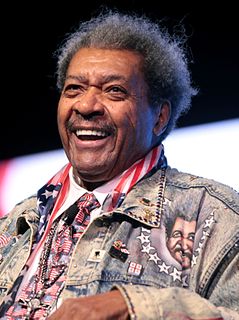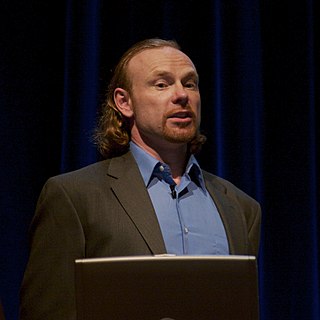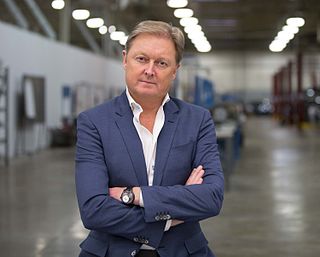A Quote by Douglass North
Economists have the correct insight that economics is a theory of choice, the key to the story is the variety of options and centralised political control limits the options. The best recipe is adaptive efficiency coping with novel uncertainty in a non-ergodic world, the maintenance of institutions which enable trial & error experiment to occur, and an effective means of eliminating unsuccessful solutions
Related Quotes
Choice! The key is choice. You have options. You need not spend your life wallowing in failure, ignorance, grief, poverty, shame, and self-pity. But hold on! If this is true then why have so many among us apparently elected to live in this manner? The answer is obvious. Those who live in unhappy failure have never exercised their options for a better way of life because they have never been aware that had any choices
Our options oftentimes on foreign policy are not a choice between a good one and a bad one. It's a choice between two less-than-ideal options. And you're trying to figure out which is the least harmful of the two. And I think that's something we should be encouraged by, not something that we should be critical of.
How should the best parts of psychology and economics interrelate in an enlightened economist's mind?... I think that these behavioral economics...or economists are probably the ones that are bending them in the correct direction. I don't think it's going to be that hard to bend economics a little to accommodate what's right in psychology.
People will make worse financial decisions for them if they're choosing from a lot of options than if they're choosing from a few options. If they have more options they're more likely to avoid stocks and put all their money in money market accounts, which doesn't even grow at the rate of inflation.
... there are moments in which the teacher, as the authority talks to the learners, says what must be done, establishes limits without which the very freedom of learners is lost in lawlessness, but these moments, in accordance with the political options of the educator, are alternated with others in which the educator speaks with the learner.
The most valuable insight I have made about how people make decisions is that when they become skilled they don't have to make decisions - choices between options. Instead, they can draw on experience and the patterns they have acquired to recognize what to do, ignoring other options. This is the basis of the Recognition-Primed Decision (RPD) model my colleagues and I described thirty years ago.





































